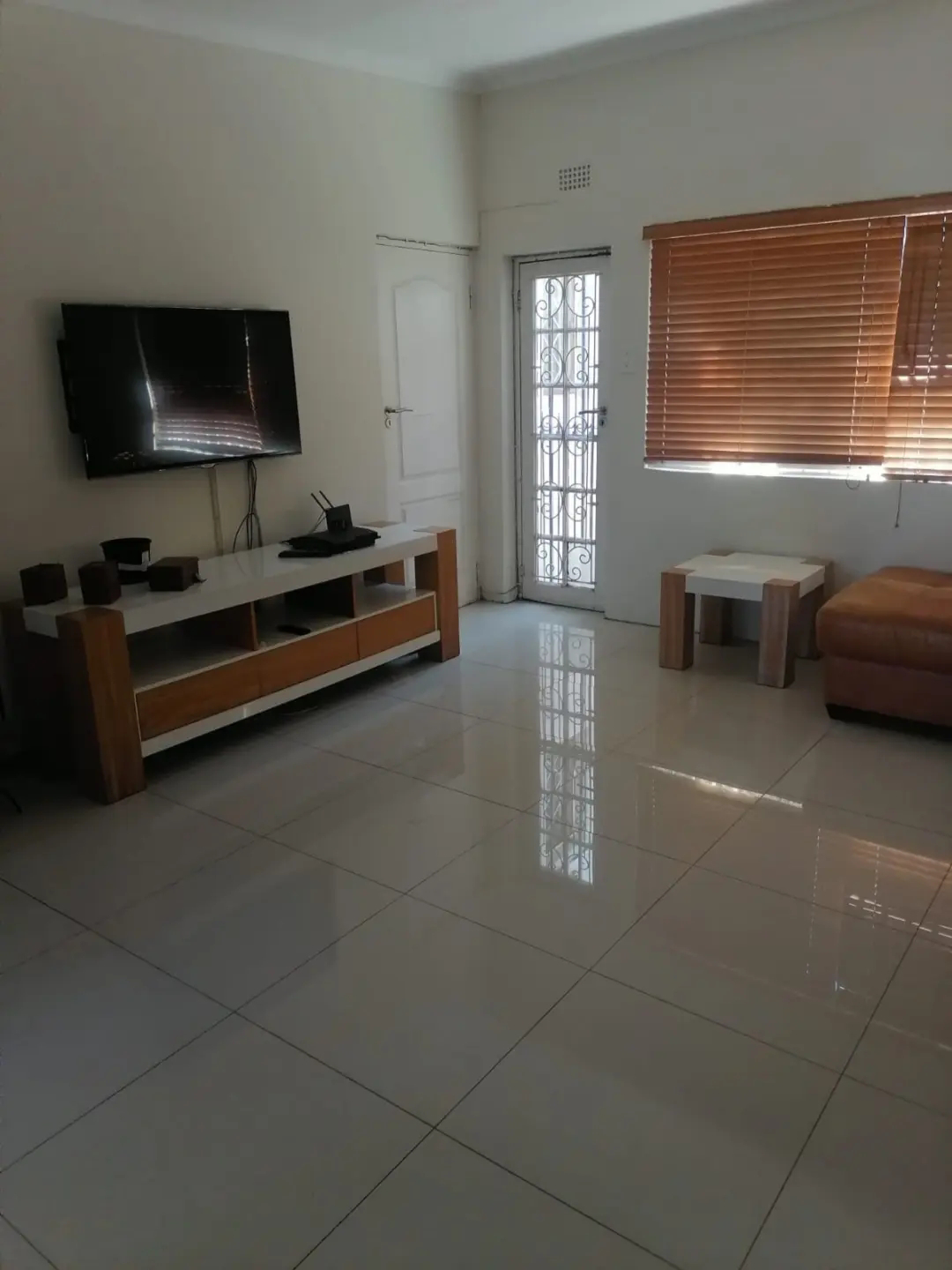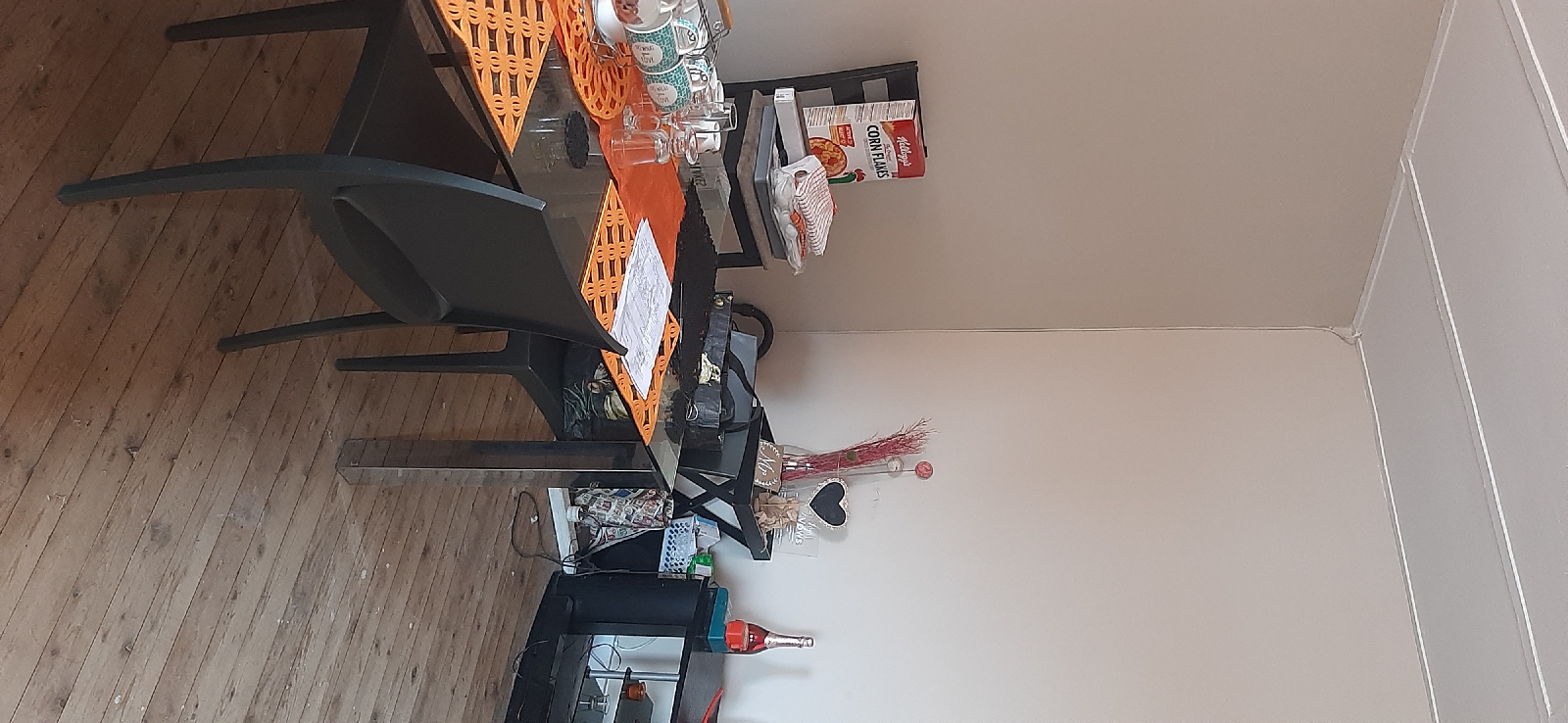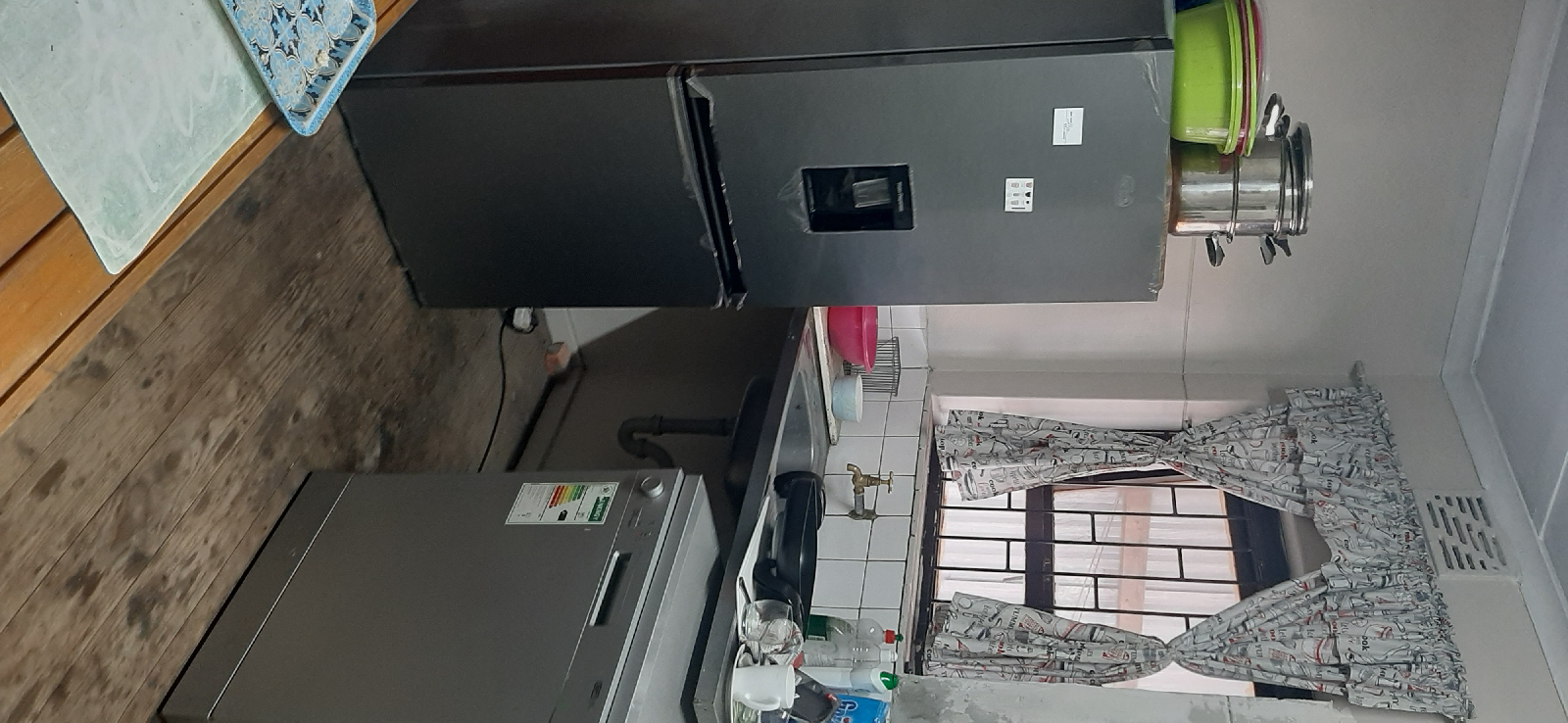1. Reassess Pricing Market Analysis: Compare your price to similar rties in the area. If it’s too highup7uuuuuuui7uu5, lowering the price might lattract more buyers. Appraisal: Get a uuuuprofessional appraisal to determine the current market value.
2.mui Improve Curb Appeal Enhance landscaping, clean up the exterior, and repaint the front door. First impressions matter.
Iiugu
3. Stage the Home Rearrange or rent furniture to m
Yake the space look larger, cleaner, and more inviting. Use neutral colors and depersonalize the space to appeal to a broader audience.
I5yuiuu
8. Invest in Repairs or Updates Address notic7eable flaws like outdated fixtures, leaky yfaucets, or damaged flooring. Consider small upgrades like a fresh coat of paint, new appliances, or modern lighting.
5. Improve Marketing Better Photos: Hire a professiona7ul photographer. Virtual Tours: Offer 3D or video tours to engage online buyeuurs. Wider Exposure: List on more platforms or improve the listing description to highlight unique features.
6. Change Your Realtor If your current agent isn’t proactive, consider switching to one with a proven track record in your area.
7. Expand Target Audience Market to investors, first-time buyers, or renters looking to buy. Consider highlighting potential for renting or converting the property.
8. Rent It Out If selling isn’t feasible, consider renting the property to generate income until market conditions improve.
9. Offer Incentives Cover closing costs, offer a home warranty, or provide seller financing to attract buyers.
10. Wait for Better Market Conditions If the myuiarket is slow, pausing yt sale and relisting during a better season may work.
11. Consider Alternative Selling Options Sell to an Investor: Some companies buy homes for cash quickly.
12. Review Your Expectations Be realistic about your home’s value and its appeal to buyers in the current market.
Which approach appeals to you most, or would you like to dive deeper into any specific option?

























